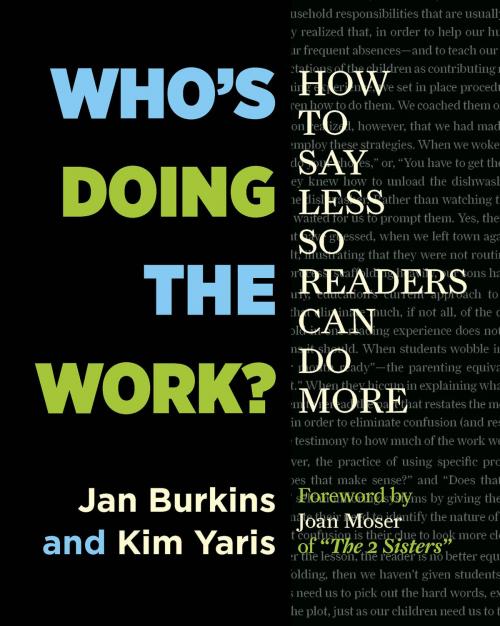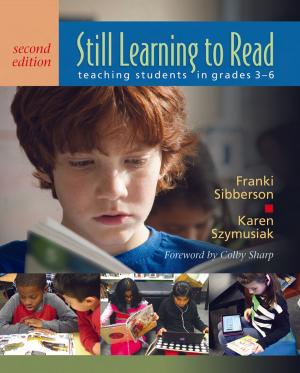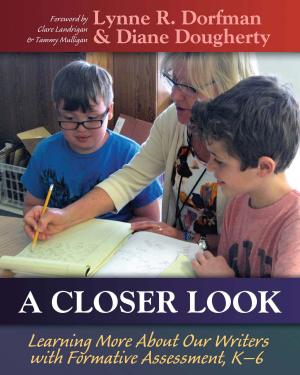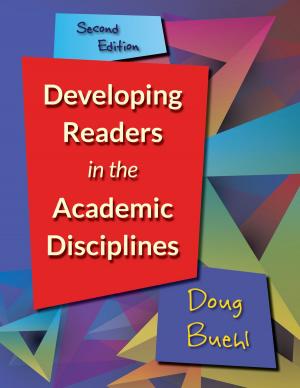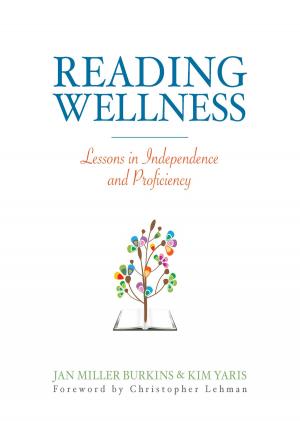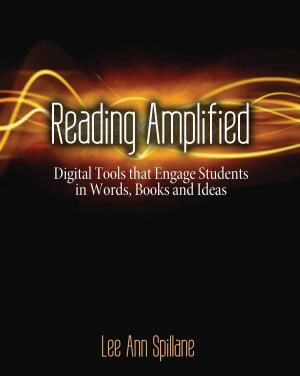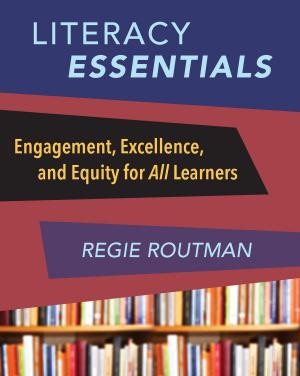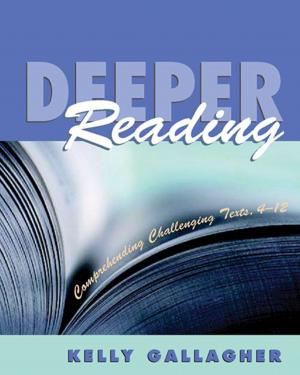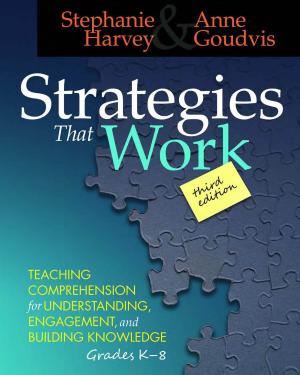Who's Doing the Work?
How to Say Less So Your Readers Can Do More
Nonfiction, Reference & Language, Education & Teaching| Author: | Jan Burkins, Kim Yaris | ISBN: | 9781625310767 |
| Publisher: | Stenhouse Publishers | Publication: | April 28, 2016 |
| Imprint: | Stenhouse Publishers | Language: | English |
| Author: | Jan Burkins, Kim Yaris |
| ISBN: | 9781625310767 |
| Publisher: | Stenhouse Publishers |
| Publication: | April 28, 2016 |
| Imprint: | Stenhouse Publishers |
| Language: | English |
In their follow-up to Reading Wellness, Jan Burkins and Kim Yaris explore how some traditional scaffolding practices may actually rob students of important learning opportunities and independence. Who’s Doing the Work? suggests ways to make small but powerful adjustments to instruction that hold students accountable for their own learning.
Educators everywhere are concerned about students whose reading development inexplicably plateaus, as well as those who face challenging texts without applying the strategies they’ve been taught. When such problems arise, our instinct is to do more. But when we summarize text before reading or guide students when they encounter difficult words, are we leading them to depend on our support? If we want students to use strategies independently, Jan and Kim believe that we must question the ways our scaffolding is getting in the way.
Next generation reading instruction is responsive to students’ needs, and it develops readers who can integrate reading strategies without prompting from instructors. In Who’s Doing The Work?, Jan and Kim examine how instructional mainstays such as read-aloud, shared reading, guided reading, and independent reading look in classrooms where students do more of the work. Classroom snapshots at the end of each chapter help translate the ideas in the book into practice.
Who’s Doing the Work? offers a vision for adjusting reading instruction to better align with the goal of creating independent, proficient, and joyful readers.
Educators everywhere are concerned about students whose reading development inexplicably plateaus, as well as those who face challenging texts without applying the strategies they’ve been taught. When such problems arise, our instinct is to do more. But when we summarize text before reading or guide students when they encounter difficult words, are we leading them to depend on our support? If we want students to use strategies independently, Jan and Kim believe that we must question the ways our scaffolding is getting in the way.
Next generation reading instruction is responsive to students’ needs, and it develops readers who can integrate reading strategies without prompting from instructors. In Who’s Doing The Work?, Jan and Kim examine how instructional mainstays such as read-aloud, shared reading, guided reading, and independent reading look in classrooms where students do more of the work. Classroom snapshots at the end of each chapter help translate the ideas in the book into practice.
Who’s Doing the Work? offers a vision for adjusting reading instruction to better align with the goal of creating independent, proficient, and joyful readers.
In their follow-up to Reading Wellness, Jan Burkins and Kim Yaris explore how some traditional scaffolding practices may actually rob students of important learning opportunities and independence. Who’s Doing the Work? suggests ways to make small but powerful adjustments to instruction that hold students accountable for their own learning.
Educators everywhere are concerned about students whose reading development inexplicably plateaus, as well as those who face challenging texts without applying the strategies they’ve been taught. When such problems arise, our instinct is to do more. But when we summarize text before reading or guide students when they encounter difficult words, are we leading them to depend on our support? If we want students to use strategies independently, Jan and Kim believe that we must question the ways our scaffolding is getting in the way.
Next generation reading instruction is responsive to students’ needs, and it develops readers who can integrate reading strategies without prompting from instructors. In Who’s Doing The Work?, Jan and Kim examine how instructional mainstays such as read-aloud, shared reading, guided reading, and independent reading look in classrooms where students do more of the work. Classroom snapshots at the end of each chapter help translate the ideas in the book into practice.
Who’s Doing the Work? offers a vision for adjusting reading instruction to better align with the goal of creating independent, proficient, and joyful readers.
Educators everywhere are concerned about students whose reading development inexplicably plateaus, as well as those who face challenging texts without applying the strategies they’ve been taught. When such problems arise, our instinct is to do more. But when we summarize text before reading or guide students when they encounter difficult words, are we leading them to depend on our support? If we want students to use strategies independently, Jan and Kim believe that we must question the ways our scaffolding is getting in the way.
Next generation reading instruction is responsive to students’ needs, and it develops readers who can integrate reading strategies without prompting from instructors. In Who’s Doing The Work?, Jan and Kim examine how instructional mainstays such as read-aloud, shared reading, guided reading, and independent reading look in classrooms where students do more of the work. Classroom snapshots at the end of each chapter help translate the ideas in the book into practice.
Who’s Doing the Work? offers a vision for adjusting reading instruction to better align with the goal of creating independent, proficient, and joyful readers.
